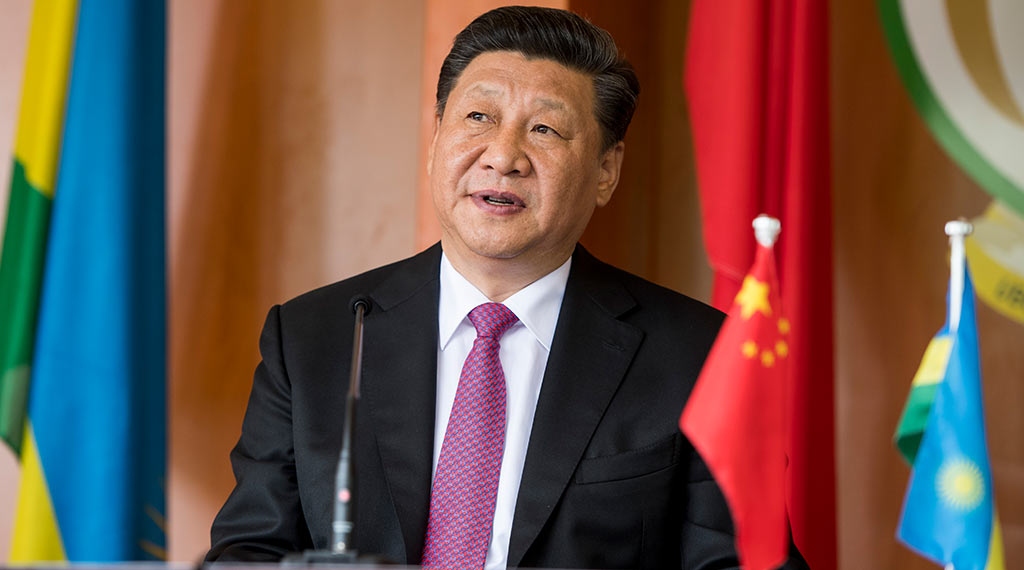
Some highly unlikely claims about water in Chinese missiles and ill-fitting silo lids, which I addressed in a January 8 Asia Times article critiquing a Bloomberg News report, appear to have come from what the intelligence community calls HUMINT, that is, human-sourced intelligence.
This would mean the US had agents in China who reported this information or Washington got it from other friendly intelligence sources – or, alternatively the Chinese told the Americans about these problems.
The US intelligence network in China was all but decimated in 2017. The US is still trying to fix that problem. Meanwhile the British have headaches of their own. One of their alleged spies in China was arrested on or around January 8.
In any case, China would be expected to be ultra-careful about information regarding its strategic nuclear missile system.
That suggests that US or other friendly agents would not have learned this information through their own efforts.
The HUMINT source may well have been high-level Chinese officials who fed information to US military officials growing out of the new high level military contact between China and the United States starting in late December.
If so, this raises the question of why Chinese military officials would convey this particular information to the United States.
One can only speculate about why China would provide such information, but a possible explanation is that China wanted to tell the US that the command of PLA Rocket Force was now reliable, and that a recent purge came about because of corruption, and not because of any attempt by domestic opponents of President Xi Jinping to gain control of China’s nuclear missiles.
In that context the Chinese officials could have told their American counterparts that the problem had been “corruption” and that it had been fixed through removal of the military guys responsible.
A key reason for the resumption of military ties between China and the US was and is “transparency,” meaning that both sides inform each other on various developments in order to allay suspicion and lower the threshold of risk.
Illustrating the concern felt by some US military leaders about transparency, then-Chairman of the Joint Chiefs of Staff Mark Milley secretly contacted his Chinese counterpart near the close of the Trump presidency to tell his Chinese counterpart, General Li Zuocheng, that the US would not attack China and that Milley, not Trump, was in charge of all US strategic forces.
The related data point to keep in mind is that Xi for the past couple of years has been carrying out a tough anti-corruption campaign. He has sacked industrial, civilian and military leaders, reaching as high as his own defense minister.
There is little doubt that China has significant problems with corrupt industrialists and officials. It can be asserted that what greases the wheels of the Chinese Communist party consists of kickbacks in cash and in-kind payments. Not only civilian officials participate. China’s military, which handles lucrative defense contracts and procurements, also has been implicated.
President Kagame and President Xi Jinping of China Joint Press Conference by Paul Kagame is licensed under CC BY-NC-ND 2.0
- Trump and Ukraine: what Russia wants, what Trump could do - November 8, 2024
- North Korean troops in Kursk could backfire on Moscow, Pyongyang - November 1, 2024
- Secure enclaves: bad CHIPS Act idea wasting billions - August 12, 2024
